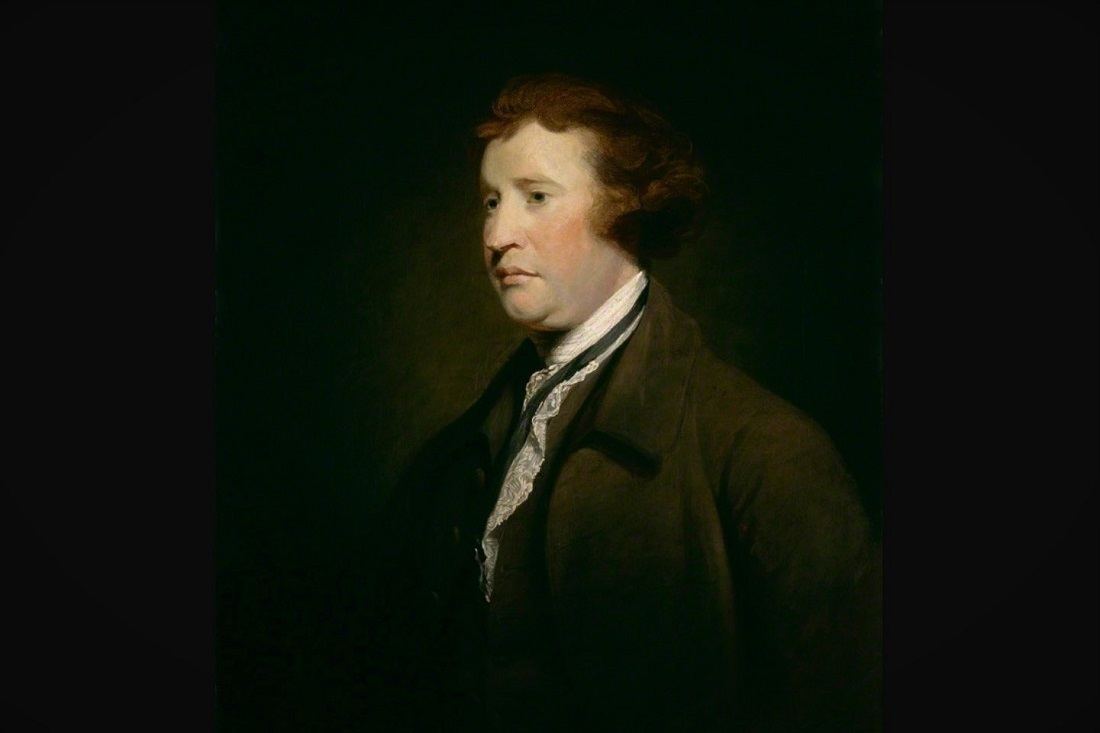Edmund Burke, an Irish-born philosopher and statesman, is often regarded as one of the founding figures of modern conservatism. His beliefs on the relationship between the individual and government have had a profound impact on political thought. Burke's views emphasized the importance of tradition, gradual reform, and the preservation of established institutions. Let's explore some of Edmund Burke's key beliefs on this subject, supported by relevant quotes from his writings and speeches.
1. Preservation of Tradition:
One of Burke's central beliefs was the value of tradition and the accumulated wisdom of the past. He argued that society is an intergenerational contract, and individuals have a duty to preserve the customs and institutions handed down by their ancestors:
"We are afraid to put men to live and trade each on his own private stock of reason because we suspect that this stock in each man is small, and that the individuals would do better to avail themselves of the general bank and capital of nations and of ages."
Burke believed that tradition provided stability and a sense of continuity in society.
2. Resistance to Sudden Change:
Burke was deeply skeptical of radical, abrupt changes in government and society. He believed that such changes often led to chaos and the loss of valuable institutions. Instead, he advocated for gradual, organic reform:
"A state without the means of some change is without the means of its own conservation."
He argued that change should respect the organic development of society and the accumulated wisdom of the past.
3. Respect for Established Institutions:
Burke emphasized the importance of respecting and preserving established institutions, such as the monarchy and the church. He saw these institutions as essential for maintaining order and preventing anarchy:
"To make us love our country, our country ought to be lovely."
Burke believed that a nation's institutions should inspire loyalty and affection.
4. Balance of Power:
Burke supported the idea of a balanced government, where power was divided among different branches and interests to prevent tyranny:
"In all forms of government the people is the true legislator."
He believed that the people should have a say in government, but he also recognized the need for checks and balances to avoid the tyranny of the majority.
5. Role of Representatives:
Burke championed the idea of representatives who acted in the best interests of their constituents rather than following the whims of public opinion:
"Your representative owes you, not his industry only, but his judgment; and he betrays instead of serving you if he sacrifices it to your opinion."
He believed that representatives should exercise their judgment and wisdom to make decisions in the best interests of the nation.
Edmund Burke's beliefs on the relationship between the individual and government centered on the importance of tradition, gradual reform, the preservation of established institutions, a balanced government, and the role of representatives who exercised independent judgment. His ideas continue to influence conservative thought, emphasizing the value of stability, continuity, and the wisdom of the past in shaping society and government. Burke's writings and principles remain relevant to contemporary discussions on governance and the relationship between individuals and the state.




No comments:
Post a Comment